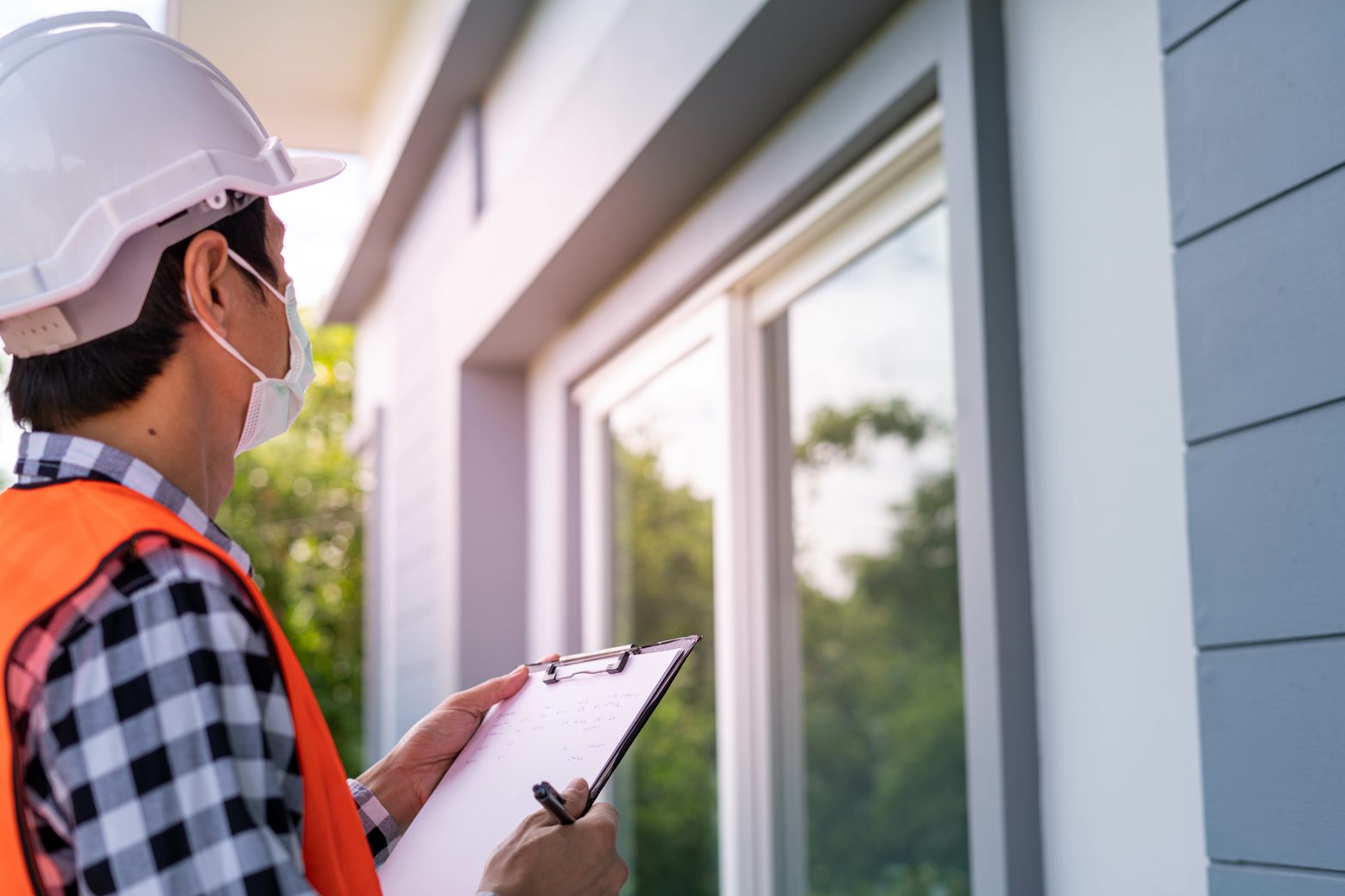Buying a home is one of the most significant decisions you’ll ever make. It’s easy to get swept up in the excitement of finding and purchasing your dream home, but it’s important not to rush into things. Before signing on the dotted line, there are certain dealbreakers you should be aware of. Let’s take a look at some key factors you should consider when buying a home.
Location, Location, Location!
When it comes to real estate, location is everything. You want to be sure that the area where you buy your home is safe, family-friendly, and close to amenities like schools, libraries, and grocery stores. It’s worth taking some time to research crime rates and other statistics before making a purchase decision. Also, if you plan on staying in the same house for many years, consider factors such as whether or not the neighborhood is expected to grow or decline over time. This will help ensure that you don’t end up with an undesirable property down the line.
The location of your home can have a huge impact on the quality of your life. If you pick an area with high crime rates, poor schools, and limited access to amenities, it can make daily living more difficult. Conversely, if you choose a neighborhood that is safe and has plenty of services nearby, it can greatly improve your lifestyle. When selecting a location for your home, take some time to research the area’s safety and access to amenities. Also consider how long you plan on living in the same house; if you anticipate that the neighborhood may decline over time, it could be worth finding another property.
Unruly Neighbors
The neighbors in your area can have a major impact on your enjoyment of living in the home. Whether it’s noise complaints, property disputes, or general nuisance issues, it’s important to consider how well you will get along with the people living nearby. Before signing any papers, take some time to visit the area and talk to current residents to get a better feel for the neighborhood. It’s also worth considering whether or not there are any ordinances within the area that could cause problems, such as a ban on outdoor activities like grilling or gardening. If you anticipate any issues with your neighbors, it may be best to look elsewhere for a home.
The Structure of Your Home
Before committing yourself to a home for sale, make sure that you inspect the structure of your prospective home thoroughly—or better yet, hire an experienced inspector who can do it for you. Issues like faulty wiring or a leaky roof may seem minor now but can become costly problems down the line if left unchecked. Make sure that all major systems have been properly maintained and repaired as necessary; otherwise you could find yourself with an expensive repair bill after moving in.
It’s also important to be aware of any zoning restrictions or building codes in your area—you don’t want to invest in a property only to find out that there are legal issues preventing you from making certain changes or renovations later on.
Environmental Hazards
In addition to structural integrity issues, environmental hazards can also be dealbreakers when it comes time to buy a home. If you live in an area prone to flooding or other extreme weather events like tornadoes or hurricanes, make sure that the property is up-to-date on its flood insurance policies and meets all local building codes for storm protection. Additionally, if you happen upon any mold or asbestos during your inspection period, make sure that these issues are taken care of as soon as possible before they become major health risks down the road.
If you discover mold or asbestos in your home, it is important to contact a qualified and licensed professional as soon as possible. A specialist can assess the situation and advise on the necessary steps for remediation. Depending on the severity of the problem, this may involve anything from simple surface cleaning to full renovations. Mold and asbestos removal require specialized expertise and the use of professional-grade equipment, so it is important to find a reliable contractor who can carry out the work in a safe and efficient manner. Failing to address these issues promptly can cause health risks and costly property damage if left unchecked. It is therefore essential to take action immediately, for both your safety and financial well-being.
Amenities & Upgrades
When looking for your new home, it’s important to think about what amenities and upgrades matter most to you and your family. Do you want a fireplace? A large backyard? An updated kitchen?
Make sure potential homes meet these requirements before signing off on anything. You don’t want surprises after moving in. Also consider how much work will need to be done if certain items aren’t included in your new home such as painting walls or redoing floors—these costs will add up quickly so make sure they fit into your budget prior to making an offer on a house.
Buying a home involves much more than just finding something that looks good on paper; it requires careful consideration and due diligence on your part so that you can make an informed decision about where and how you want to live for many years to come. Be sure to take into account factors such as location, structure maintenance/repair needs and potential environmental hazards before signing any contracts—a little extra effort now could save you money (and headaches) in the future.
Buying a Home Dealbreakers You Shouldn’t Overlook

